Judge zings Apple CEO Cook; says Apple shows no desire to address app developers' concerns
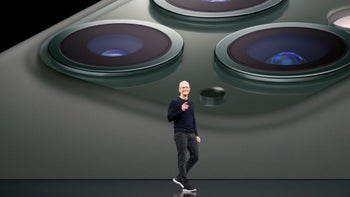
Now that Apple CEO Tim Cook's testimony is over and done with, on Monday both Epic and Apple should be able to present their closing arguments. Once done, Federal Judge Yvonne Gonzales Rogers will go through all of the testimony that was recorded during the two week trial that started with Epic CEO Tim Sweeney on the stand and ended with Apple's Cook answering questions under oath. Since this was a bench trial with no jury, the judge will release her decision by mid-August she said yesterday.
Apple CEO Cook gets zinged by Judge Gonzalez Rogers while on the stand
Before the executive stepped down from the stand, Judge Gonzalez Rogers wanted to discuss a survey conducted by Apple showing that 39% of the firm's developers are unhappy with how the tech giant distributes their apps. With such a high number of developers showing their displeasure, the judge wanted to know if Apple felt compelled "to address their needs." That led to an interesting exchange between the executive and the judge.
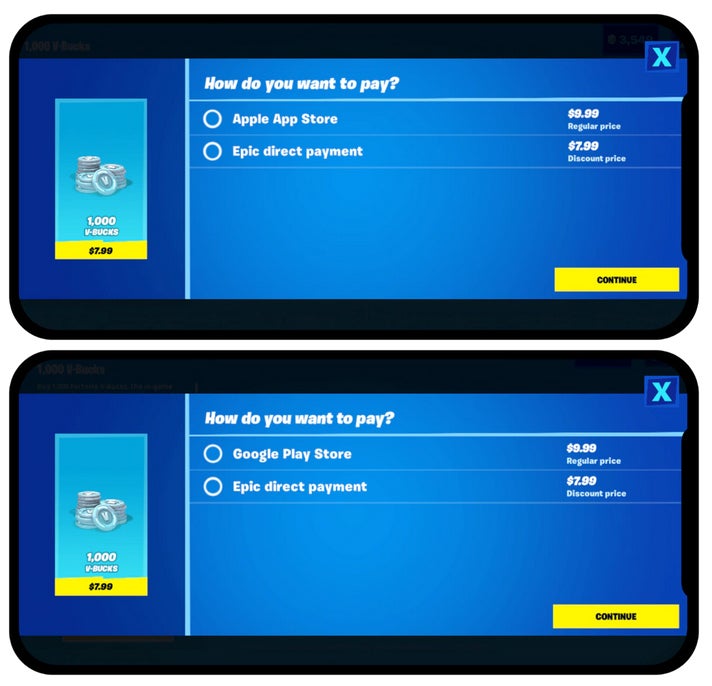
Epic offers iOS and Android users a discount for processing an in-app purchase using its own platform
Cook said that considering the number of submitted apps that are rejected by Apple, "friction" with app developers is always occurring and that this friction is actually good for users because it makes them feel that the apps they install are "safe and trusted." Judge Gonzalez Rogers responded by saying to Apple's top executive that it "doesn’t seem you feel pressure or competition to change the manner in which you act to address concerns of developers." ZING!
According to Engadget, the judge said that it was "incredibly significant" that the majority of in-app purchases came from gaming apps and noted that banking apps like Wells Fargo only pay Apple an annual developer fee. That led Judge Gonzales Rogers to ask Cook whether gaming apps subsidize all of the free apps in the App Store. The executive disagreed, stating that free apps help generate traffic in the store for all app developers.
Apple reportedly took in $100 million from Fortnite over a 30 month period
Tim Cook also revealed his "selective memory" when he said that he didn't know how much Google pays Apple to be the default search engine in iOS and suggested that the question be asked to Google instead. Cook was also asked by Epic's attorneys about Apple's policies in China where the company is said to be more open to compromise with the government. For example, in China iCloud data belongs to a state-owned outfit.
Epic instigated the lawsuit after Apple removed Epic from the App Store last year. In the developer's online store, it promoted its own in-app purchasing platform allowing Epic to bypass Apple's own platform which takes as much as a 30% cut of revenue generated in-app. Epic's actions violated Apple's rules leading to the suit.
During the trial, an Apple employee testified that over a 30 month period, Apple made at least $100 million in "commissions" from Fortnite while spending $1 million to promote the popular game. A screengrab from ArsTechnica shows Epic offering both iOS and Android users $2 off the purchase of 1,000 V-Bucks if they pay for the purchase using Epic's Direct Payment platform instead of using Apple or Google's payment systems.
Like Apple, Google also collects as much as 30% of the price of an in-app purchase made through the Google Play Store. Because Android users are allowed to sideload apps from third-party app stores (which iOS users are not allowed to do), the Play Store is not considered anticompetitive like the App Store is.







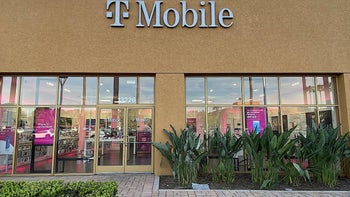
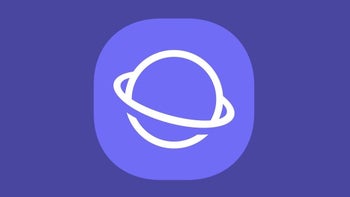
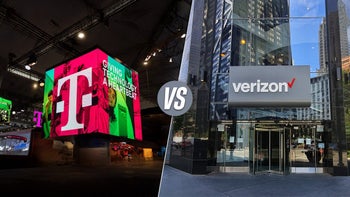
Things that are NOT allowed: